I have an old web form that is quite extensive with a lot of controls on it. I'd like to make a list of all the controls on it and what types they are, but I was hoping Visual Studio would have something similar to SQL Server's INFORMATION_SCHEMA table or sys.*. Does anyone know if Visual Studio has a similar feature? It doesn't have to be a table - it could be a comma separated list, etc. Web searches have turned up ways to pull controls via code, but I was really wanting something quicker.
EDIT:
So it seems the general consensus is that this type of functionality doesn't exist in Visual Studio and getting those controls must be done programmatically. @servergta 's answer seems to be the easiest alternative with the one modification of moving the initial declaration of the StringBuilder outside of the method to keep it from re-setting every time it calls itself.
Thanks to everyone who gave an answer!
